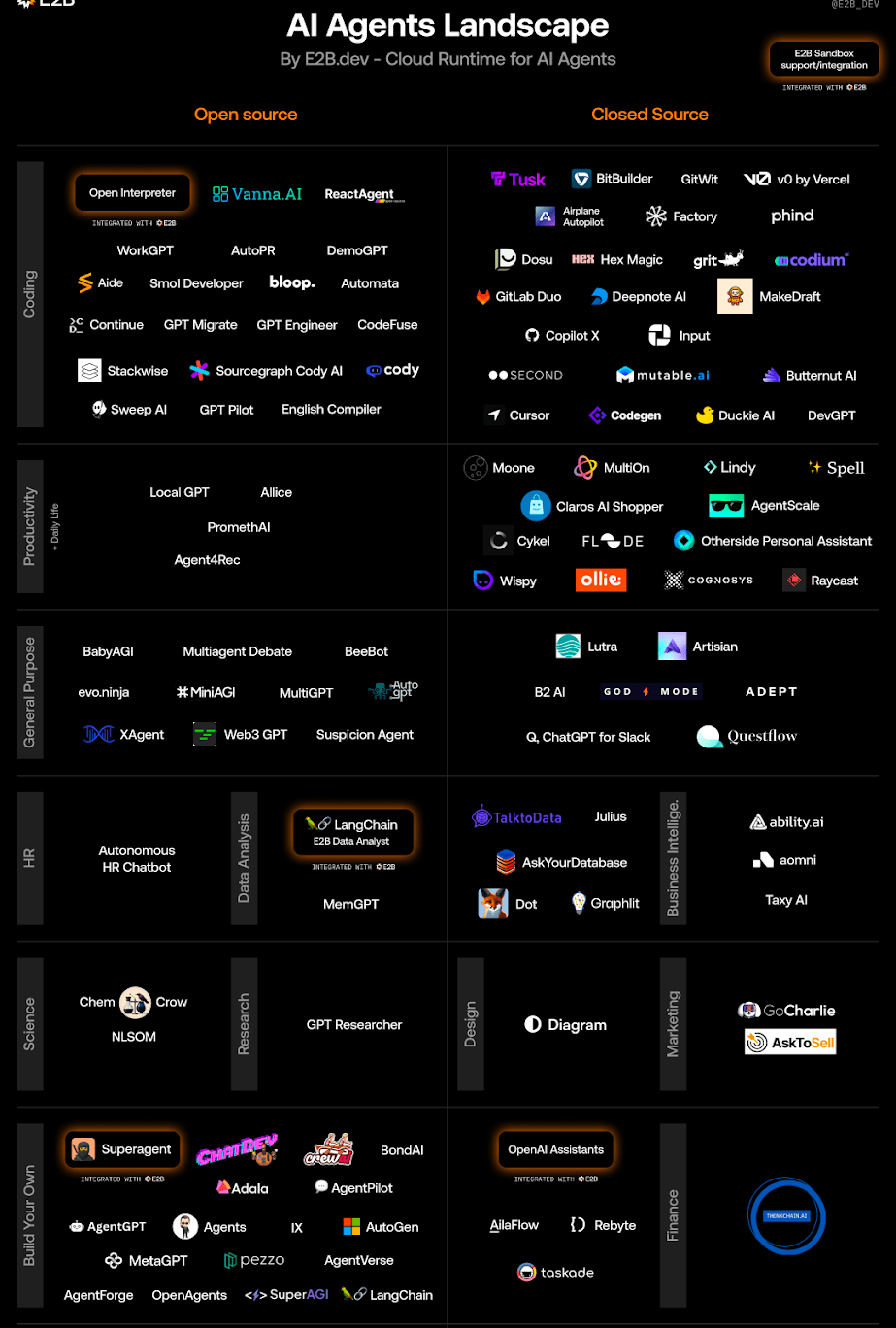AI agents as a new distribution channel
Every new platform satisfies two criteria: 1) it gives us new capabilities, and 2) it enables new distribution patterns (new user types, new channels, new ways of buying).
Some examples:
So far, it's clear that this new wave of AI models gives us new capabilities. However, we have seen few new distribution mechanisms. AI-first startups are selling to the same user types as before with similar product packaging. As a result, incumbents with existing distribution moats seem to be winning against startups.
Agent-driven commerce is one idea that might change this dynamic in favor of startups. The core idea is that AI agents will make unsupervised purchasing decisions on behalf of consumers.
Businesses will shift from convincing us to buy to influencing our chosen agents when this happens. Existing distribution channels optimized for humans are less of a moat when products are optimized for AI agents. There are no solidified playbooks for selling to AI agents, no techniques, and no experienced salespeople. Startups and incumbents have to compete on more equal footing.
We're closer to optimizing products for AI agents than you might think.
One place where this shows up is in code generation. Programming agents — copilots or fully autonomous — generate code snippets that use specific software libraries. When a coding agent suggests a snippet that includes a particular library, it makes the equivalent of a purchasing decision. Today, these purchasing decisions rely on a model’s training data or retrieval-augmented generation and don't involve money. But soon, agents will test different libraries and APIs and tell you the best one. Agents can purchase API keys or usage credits as part of their execution. Like a savvy shopper, they'll do the legwork and make the ultimate buy.
This emerging pattern among software engineers gives us a recipe for how agent-driven purchasing might work more broadly. All purchasing decisions follow this formula:
- Discovery: finding options
- Evaluation: trying options
- Purchase and delivery: picking an option, making a purchase, and proceeding to use it
AI agents are better than humans on each of these subtasks.
Agents can scour the internet and discover far more products than you and I can with many hours of googling. This is especially true for lesser-known products that are not heavily search engine optimized but are talked about on Twitter or some other forum like Reddit.
Agents can programmatically evaluate a product to see if the feature set matches what you want. For an API product, this could look like a coding agent that makes API requests and inspects the responses. For a B2B SaaS product, this could look like an RPA agent that signs up, performs tasks, and decides if the feature set meets your needs.
Given the pace of innovation, I have become increasingly comfortable with the assumptions underlying this thesis:
- Many product categories will have options that can be programmatically verified
- Agents will be personalized and embed user preferences and appropriate context
- We solve core agent competencies like long-term planning and have proper guardrails
Outsourcing purchasing power to agents is a natural evolution from how we discover and buy new products today. The internet is littered with ads, making it hard to determine what to purchase. Often, we are hopeless against skillfully crafted marketing.
As AI agents become net new market participants, they free us from the mess of ad-driven faux optionality and let new products compete on equal footing.
There are now several agents across many verticals, and we already trust them with all sorts of tasks. This is the first step to giving them real purchasing power.
